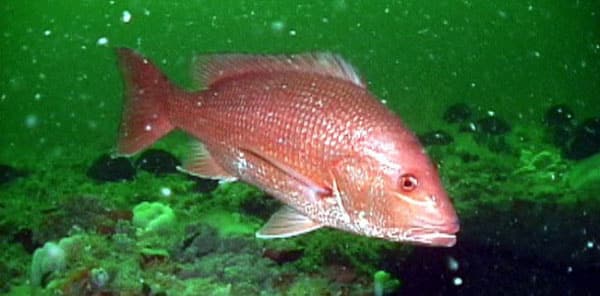
NOAA red snapper
At its February meeting the Gulf of Mexico Fisheries Management Council rejected a proposal by the Louisiana Department of Wildlife and Fisheries that would allow Louisiana’s recreational fishermen to choose their own season dates for recreational red snapper. “It’s obvious when looking at recreational landings of red snapper for the Gulf of Mexico that the current federal system of controlling recreational harvest isn’t working. For the past six years the recreational quota was exceeded five times. The only year the quota wasn’t exceeded was in 2010, likely a direct result of massive fishery closures resulting from the BP oil spill. Overages ran from a low of 19 percent to a high of 89 percent in those six years and exceeded 7 million pounds of red snapper which is almost twice the current recreational quota”, said head of Fisheries for Louisiana, LDWF Assistant Secretary Randy Pausina. “Our proposal for regional management would have allowed Louisiana to manage its recreational fishery by closing the red snapper season when our allocation of fish was harvested. In turn, the Gulf Council would allow Louisiana recreational fishermen through the Wildlife and Fisheries Commission process to set the red snapper season dates and daily bag limits,” added Pausina. In a related action, the Gulf Council gave the Regional Director of NOAA the authority to close federal waters beyond state waters that are determined to be non-compliant with federal regulations. “This is how that action breaks down: Because our season doesn’t fit that of the federal season, we will be penalized with a federal closure. The irony is that if we comply with the federal season, history tells us the recreational fishery will overrun its quota.” concluded Pausina. A notice of intent was filed on behalf of the Wildlife and Fisheries Commission to set a Louisiana, weekend-only recreational red snapper season that would begin Saturday, March 23. In that notice of intent, LDWF Secretary Robert Barham maintains the authority to modify the season based on further discussions with our federal counterparts and the Gulf Council.









